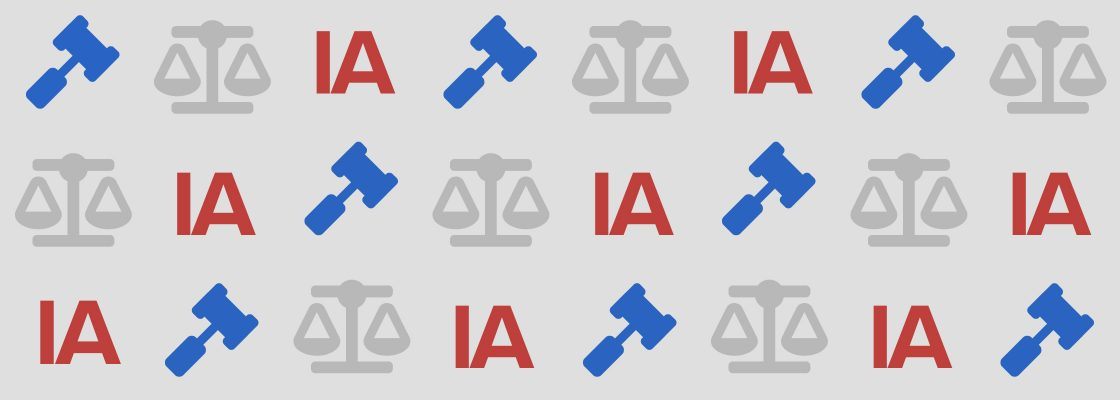Iowa physicians may be subject to discipline if their medical marketing contains untruthful or improbable statements. These practitioners should protect their license by consulting with legal counsel and making sure their healthcare PR and marketing comply with Iowa’s rules.
More Information
Oversight Body:
Iowa Board of Medical Examiners
Reference Citation:
IA ADC 653-23.1(272C)
Selected Excerpt:
653-23.1(272C) Grounds for discipline. The board has authority to impose discipline for any violation of Iowa Code chapter 147, 148, 148E, 150, 150A, 252J, 261 or 272C or the rules promulgated thereunder. The grounds for discipline apply to physicians and acupuncturists. This rule is not subject to waiver or variance pursuant to 653-Chapter 3 or any other provision of law. The board may impose any of the disciplinary sanctions set forth in 653-subrule 25.25(1), including civil penalties in an amount not to exceed $10,000, when the board determines that the licensee is guilty of any of the following acts or offenses: (…)
23.1(17) Use of untruthful or improbable statements in advertisements. Use of untruthful or improbable statements in advertisements includes, but is not limited to, an action by a licensee in making known to the public information or intention which is false, deceptive, misleading or promoted through fraud or misrepresentation and includes statements which may consist of, but are not limited to:
- a. Inflated or unjustified claims which lead to expectations of favorable results;
- b. Self-laudatory claims that imply that the licensee is skilled in a field or specialty of practice for which the licensee is not qualified;
- c. Representations that are likely to cause the average person to misunderstand; or
- d. Extravagant claims or claims of extraordinary skills not recognized by the medical profession.
Sample Best Practices
We’ve developed some sample best practices to help you get started discussing your medical marketing with your legal counsel in more detail. Find out if you need to take steps to avoid the following:
- Using untruthful or improbable statements in advertisements.
- Making inflated or unjustified claims leading to patient expectations of favorable results.
- Implying that you are skilled in a field or specialty of practice for which you are not qualified.
- Making representations that are likely to be misunderstood by the average person.
- Making extravagant claims or claims of extraordinary skills not recognized by the medical profession.
- Making scientific claims that cannot be substantiated.
- Assuring a permanent cure for an incurable disease.
- Claiming professional superiority without supporting the claim with objective evidence, or using hyperbole when describing your techniques or results.
- Showing patient before and after photos without indicating that results vary and the results shown are not a guarantee.
- Showing models without clearly indicating that the photos are not of actual patients.
- Saying you are board-certified without including in any advertising the name of the board that has certified you.
Is your website following best practices when it comes to medical marketing? Find out by downloading our free Website Compliance Checklist!
Download Free ChecklistPlease help us keep these pages up to date. If you or your legal counsel notice an oversight in our comments or a problem with this page, please alert us by email. Also, be sure to read our legal disclaimer.
« Back to Medical Marketing Laws


Leave a Comment